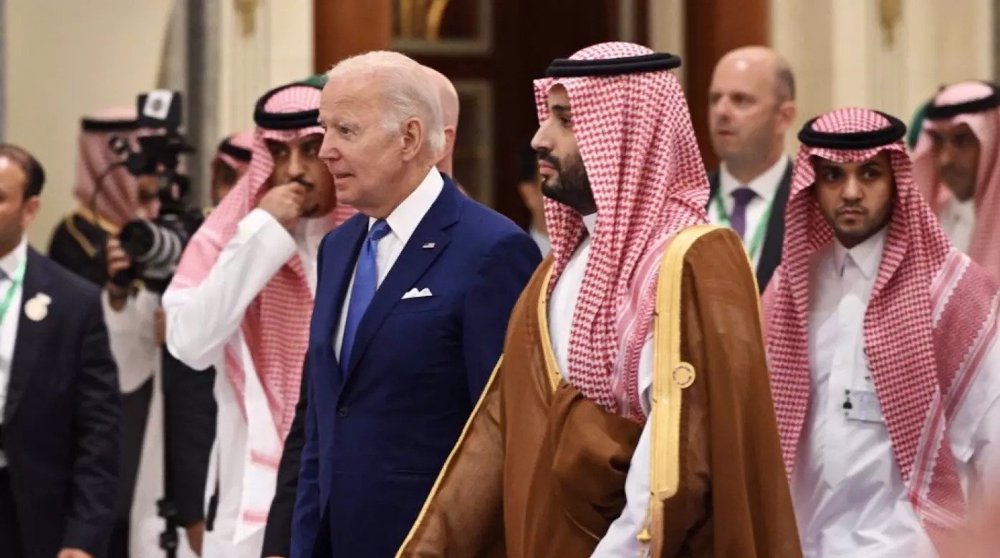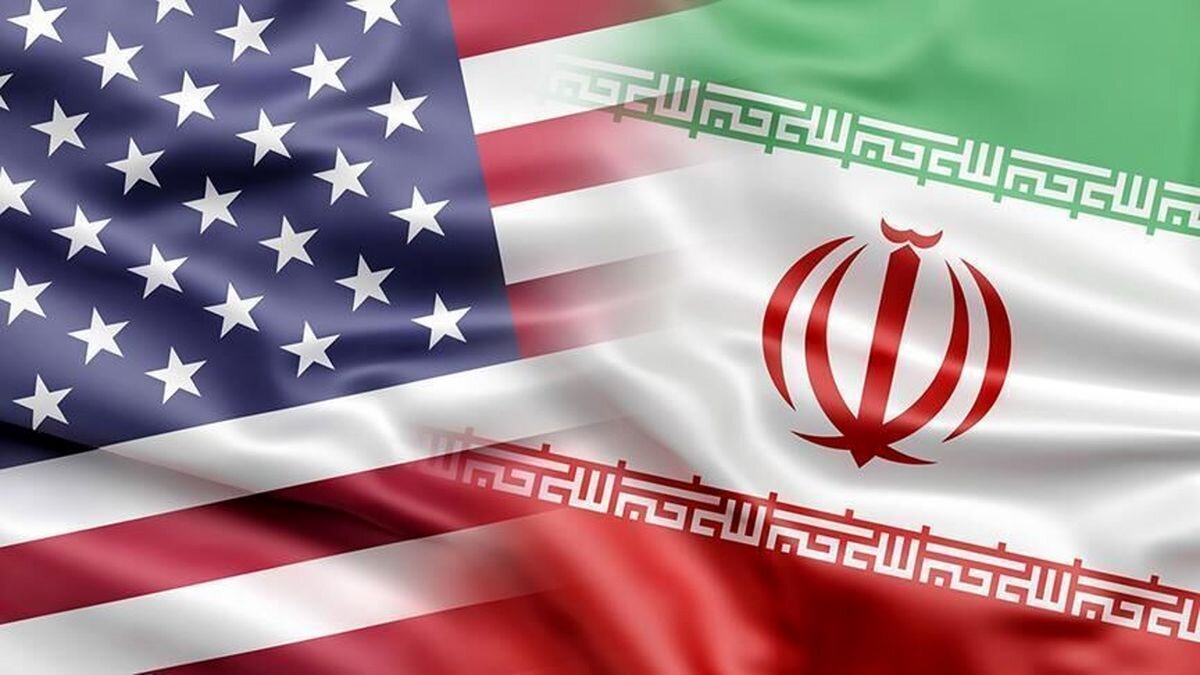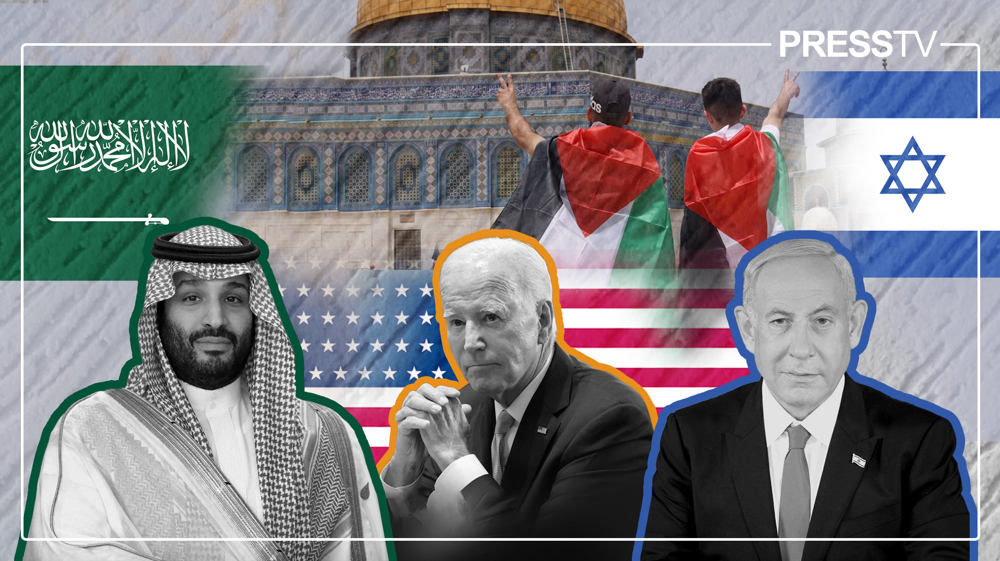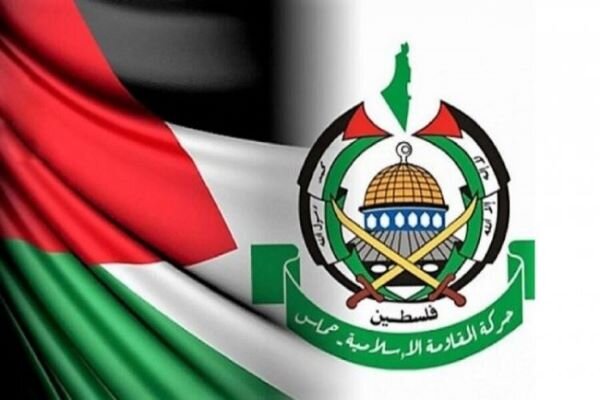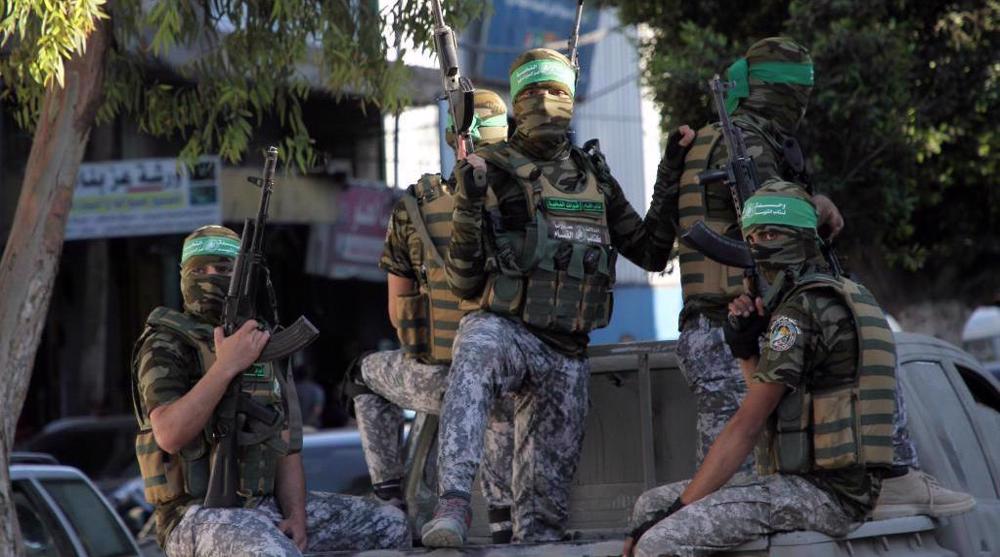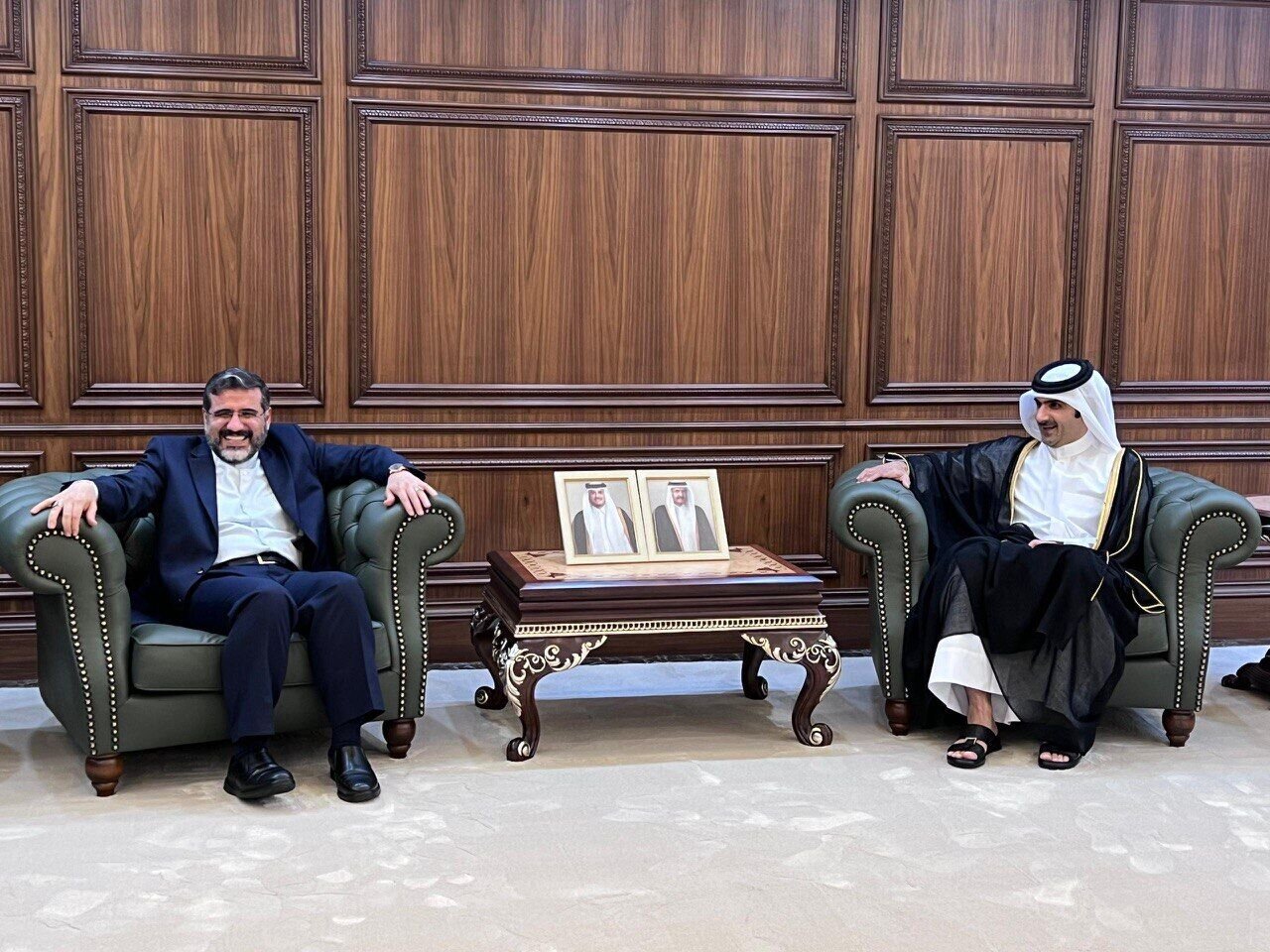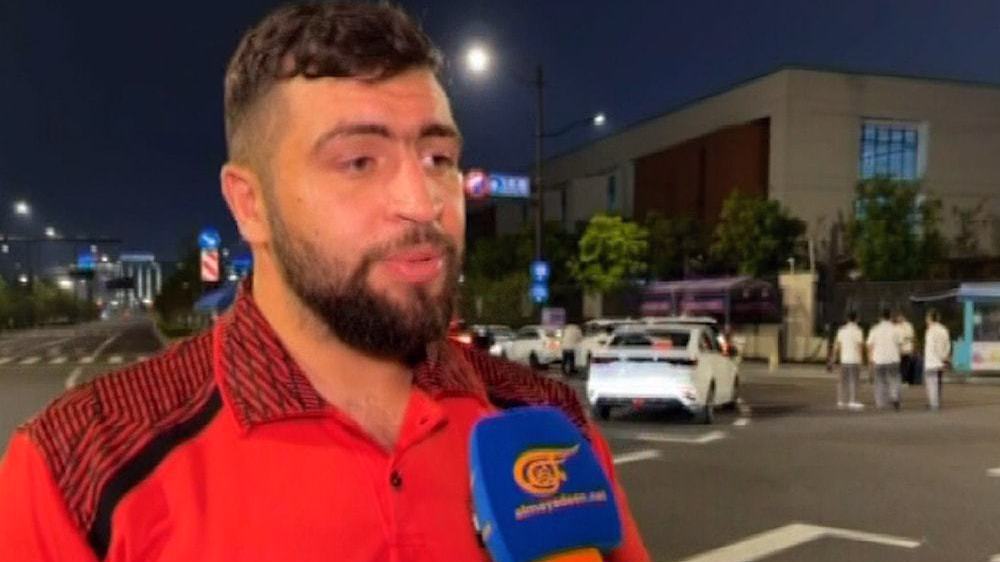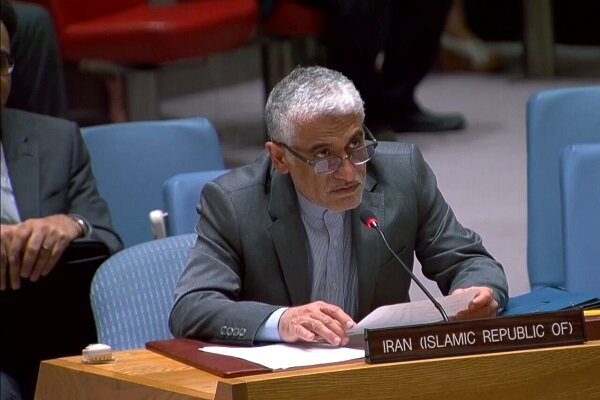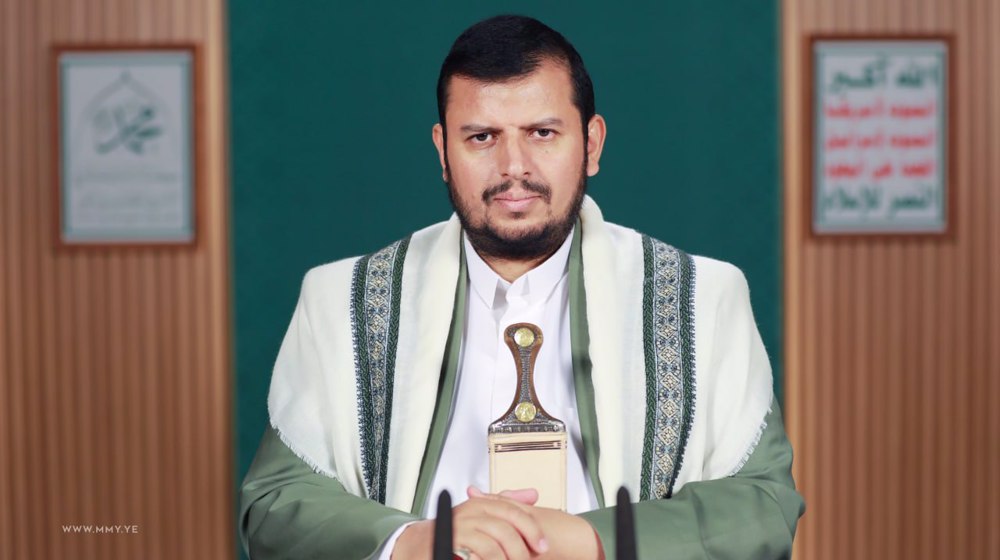By Reza Javadi
On Tuesday, two events took place simultaneously that highlighted Saudi Arabia’s misplaced foreign policy priorities, especially vis-a-vis Palestine and Israeli settler colonialism.
In the occupied West Bank city of Ramallah, Saudi Arabia’s newly appointed envoy to Palestine Nayef al-Sudairi presented his credentials to Palestinian Authority President Mahmoud Abbas.
Palestinian foreign ministry had earlier welcomed the appointment of the Saudi ambassador, describing it as “a historic milestone for developing fraternal relations between the two sister countries.”
Israeli Foreign Minister Eli Cohen told Tel Aviv’s 103 FM radio station Sunday that the Saudi ambassador’s appointment comes amid “the advancement of talks between the US and the Saudis regarding Israel.”
On the same day, the Israeli tourism minister landed in Riyadh, in what was described as the first visit by a senior Israeli regime official to the Arab kingdom, to attend a World Tourism Organization event.
“I will work to create collaborations to promote tourism and Israel’s foreign relations,” Katz said in a statement as cited by various media outlets.
The two events, according to observers, lay bare the duplicity of some Arab states in keeping the channels of diplomacy open with the Israeli regime while claiming support for the Palestinian cause.
The farce of normalization
Speculation has been rife that the US is trying to mediate the normalization of ties between the Saudi government and Israel, even though previous normalization agreements under the Abraham Accords brokered by Washington have so far proved to be an exercise in futility.
Saudi Arabia reportedly has put specific conditions for recognizing Israel. In an interview with Fox News last week, Saudi Crown Prince Mohammad Bin Salman cited the Palestinian issue and asserted that it is very important and needs to be resolved.
However, he didn’t rule out normalization with the Tel Aviv regime, dismissing reports that the ongoing talks have been suspended. He said the two sides are coming closer every day.
Israeli Prime Minister Benjamin Netanyahu has also prioritized normalization with Saudi Arabia, but it remains uncertain how his right-wing coalition will respond to any Saudi demands.
Netanyahu told Bloomberg TV on August 7 that the Palestinian issue is “a lot less than you think” on the agenda of negotiating normalization with the Saudis and affirmed that his regime categorically rejects the idea of a viable Palestinian state.
Addressing the UN General Assembly on Saturday, Saudi Foreign Minister Prince Faisal bin Farhan warned that regional security in West Asia hinges on a “just, comprehensive solution to the Palestinian issue” and appeared to criticize Israel for “unilateral measures that are a flagrant violation of international law”
“Security in the Middle East region requires the acceleration of… a just, comprehensive solution to the Palestinian issue; the solution must be based on resolutions in the international arena and must bring about a peace that allows [the] Palestinian people to have an independent state based on the 1967 borders with East Jerusalem as its capital,” he said.
In his speech to the UNGA, Palestinian Authority President Mahmoud Abbas warned against sidelining the Palestinian people’s legitimate national rights in any potential normalization agreement.
“Those who think that peace can prevail in the Middle East without the Palestinian people enjoying their full legitimate national rights would be mistaken,” Abbas told the summit of world leaders.
Normalization and conditions
Saudi Arabia’s conditions for a potential normalization pact with the Israeli regime go beyond Palestine.
Riyadh is seeking several concessions from the US, including support for its nuclear program, expansion of trade (including a free trade agreement), and various commitments related to defense. These defense commitments encompass security guarantees, access to advanced military equipment, and more efficient procurement processes.
Meanwhile, members of the US Congress are hesitant to grant significant concessions to Riyadh, adding complexity to the negotiations. In exchange for meeting Saudi conditions, the US seeks Riyadh’s commitment to cease sensitive transactions with Beijing and align more closely with US interests.
The Saudis appear unwilling to downgrade their relations with China, as China has already made substantial investments in Saudi Arabia’s economic infrastructure, including in telecommunications, the sale of advanced weaponry, and cooperation on drone and ballistic missile production.
Furthermore, China’s Belt and Road Initiative (BRI), a Chinese-led infrastructure project connecting Asia to Europe, has bolstered its presence in Saudi Arabia, with the kingdom being a pivotal component of this project among the Persian Gulf states.
In his July 2022 Middle East tour, US President Joe Biden affirmed that the US “will not walk away and leave a vacuum to be filled by China, Russia or Iran” but this visit did not accomplish its objectives, neither in energy nor in strategy, beyond opening Saudi airspace to Israel.
Despite US efforts to counter China’s influence in the region, China has strengthened its ties with Saudi Arabia through a series of agreements. During Chinese President Xi Jinping’s visit to Riyadh last year, China finalized over 40 deals with Saudi Arabia covering the climate, technology, and energy sectors.
These agreements are poised to enhance economic and investment cooperation between the two countries, aligning with Saudi Arabia’s Vision 2030 and the Belt and Road Initiative.
Saudi Minister of Investment Khalid Al-Falih stated that the accords will “contribute to raising the pace of economic and investment cooperation between the two countries.”
In a recent interview with Xinhua, Saudi Minister of Industry and Mineral Resources Bandar Alkhorayef highlighted the high complementarity between the two countries in the fields of economy and trade.
“The deep synergy between the Belt and Road Initiative and Saudi Arabia’s Vision 2030 will bring advanced science, technology and ideas to the country, and boost its economic and social development,” Alkhorayef said.
“China is not only an important partner of our kingdom in the economic field but also in many other areas,” he added.
Betrayal of Palestinians
Amid reports of progress in normalization talks between Tel Aviv and Riyadh, Israeli atrocities continue in the occupied Palestinian territories, which have been quietly condemned by Riyadh.
Saudi Arabia issued a statement on Monday condemning incidents involving Jews praying on the Temple Mount, home to the al-Aqsa Mosque, the third holiest site in Islam.
“The Ministry of Foreign Affairs expresses the Kingdom of Saudi Arabia’s condemnation of the repeated provocative practices carried out by a group of extremists at al-Aqsa Mosque under the protection of the Israeli occupation forces,” the statement noted.
At the same time, they continue normalization talks with the Netanyahu regime, which have significantly increased in recent months, as confirmed by the highest officials on both sides.
Experts believe Saudi Arabia’s normalization with the apartheid regime in Tel Aviv, if it materializes, will represent another betrayal of the Palestinian cause and the Muslim world at large.
Iran’s President Ebrahim Raeisi, addressing a press conference on the sidelines of the UN General Assembly summit in New York last week, warned that any normalization deal between Saudis and Israelis would amount to a “betrayal” of the Palestinian cause.
“The initiation of a relationship between the Zionist regime and any country in the region, if it is with the aim to bring security for the Zionist regime, will certainly not do so,” the Iranian president asserted.
“We believe that a relationship between regional countries and the Zionist regime is a stab in the back of the Palestinian people and of the resistance of the Palestinians.”
Palestinians have also expressed concern and rage over the possible deal between Saudi Arabia and the Israeli regime, slamming it as a betrayal.
Failed normalizations
Before Saudi Arabia, the UAE and Bahrain formalized ties with the Tel Aviv regime in 2020 in what became known as the Abraham Accords. Sudan and Morocco also followed them.
The normalization between the UAE and Israel is considered a failed exercise by regional experts, as the agreement has not yielded any results for the two sides.
More importantly, the accord has failed to bring any stability to the region and has had nothing more than entrenching Israeli settler colonialism.
When the UAE agreed to normalize relations with Israel in 2020 through the Abraham Accords, it faced criticism for betraying the Palestinian cause. T
he UAE defended its decision, claiming it served Palestinian interests by preventing Israel’s annexation of the West Bank and preserving the two-state solution.
However, recent statements from Abu Dhabi’s Ambassador in Washington, Yousef Al-Otaiba, suggest that the situation on the ground is different.
Al-Otaiba noted that Israel’s actions in the West Bank are effectively annexing the territory, complicating the prospects for a two-state solution.
“It’s challenging because it’s ongoing. It’s happening subtly, which complicates the path to a two-state solution even further” Al-Otaiba said, adding that “our agreement had a specific timeframe, which is nearly over. Thus, we cannot influence decisions made beyond that period.”
Given the increasing Israeli violence against Palestinians under the current far-right regime, the UAE has condemned Israel’s violations of basic Palestinian rights.
Three years into their relationship, the UAE faces significant challenges in dealing with Israel’s most extreme right-wing regime ever, including the likes of Bezalel Smotrich, Itamar Ben-Gvir, and others.
A recent survey conducted by Arab Barometer, a research group affiliated with Princeton University, revealed that the majority of citizens across the Middle East/West Asia region oppose the normalization of relations between Arab states and Israel.
The extensive survey, conducted between October 2021 and July 2022, involved 26,000 participants from 11 populous MENA countries.
Participants were asked the question: “To what extent do you favor or oppose the normalization of relations between Arab states and Israel?”
In nine out of the 11 countries surveyed, fewer than one in five participants expressed support for normalization agreements with Israel, which shows how unpopular the move is.
Experts believe Saudi Arabia’s normalization, if it happens, will not only not serve the interests of any party but prove counter-productive for Riyadh and the region.

